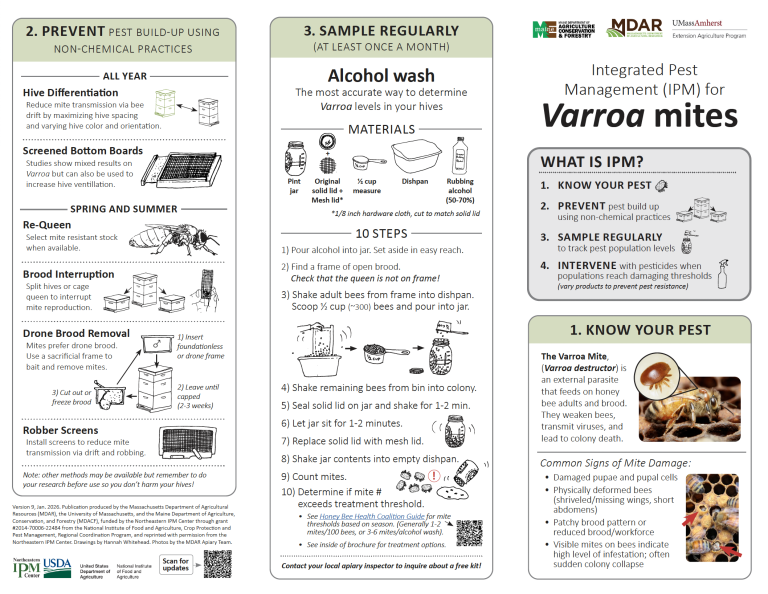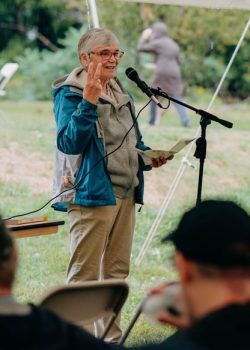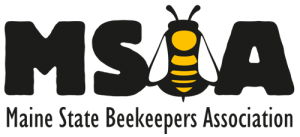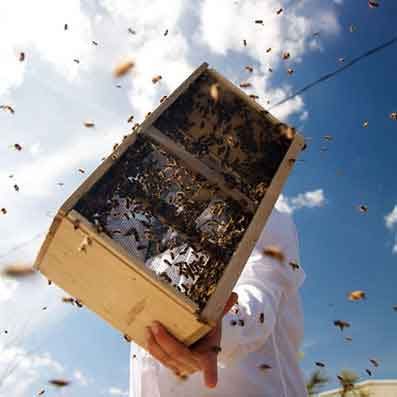Welcome to MSBA
MSBA is a non-profit membership organization of beekeepers in Maine, dedicated to education, using best practices and honey bee health. Affiliated with local chapters throughout the state, MSBA also works with the Maine Department of Agriculture, Conservation and Forestry to promote the honey bee, products of the hive and initiatives to support beekeepers.
Time to order bee packages or nucs!

New Guide!
A new printable guide of “Integrated Pest Management (IPM) for Varroa Mites” is now available on the Maine Department of Agriculture website. It focuses on sustainable, multi-tactic control of varroa, including population monitoring, understanding mite biology, using injury thresholds for treatment decisions, and minimizing chemical reliance.

Monday March 16th
“Karen Thurlow – Who’s in Charge Anyway?”
As beekeepers, we make decisions that affect a large, complex organization: we provide executive guidance. Karen will speak about how she stays in rhythm with her bees, including timing, awareness, and observation, about learning to read subtle cues, knowing when to act, and responding in ways that keep her bees healthy and strong

In this lecture, Dr Jack will share some recent research relating to a large field study where eight different chemical treatments were tested against Varroa every season. Spoiler: some treatments are consistently better than others, but the efficacy can change by the season…

